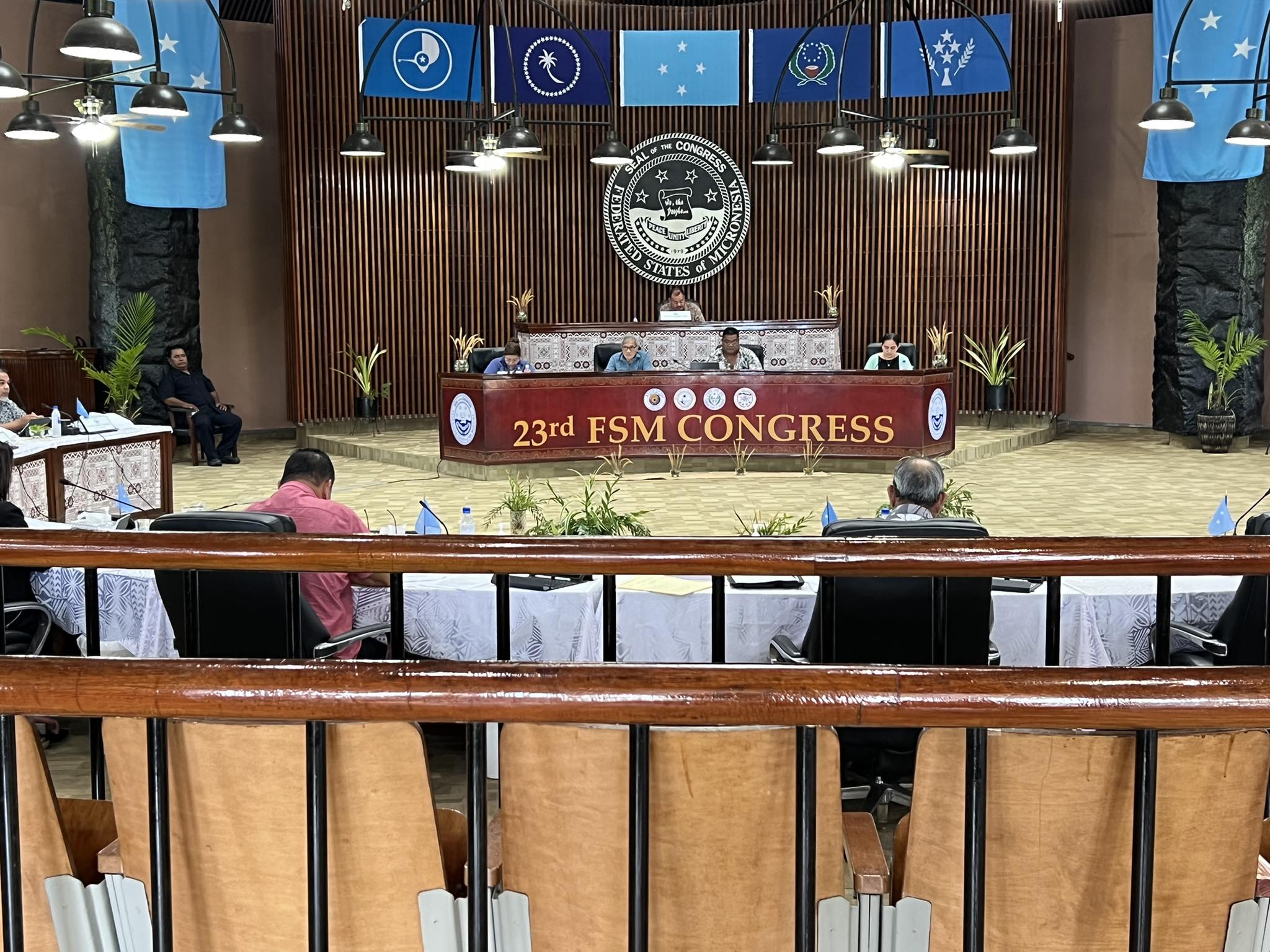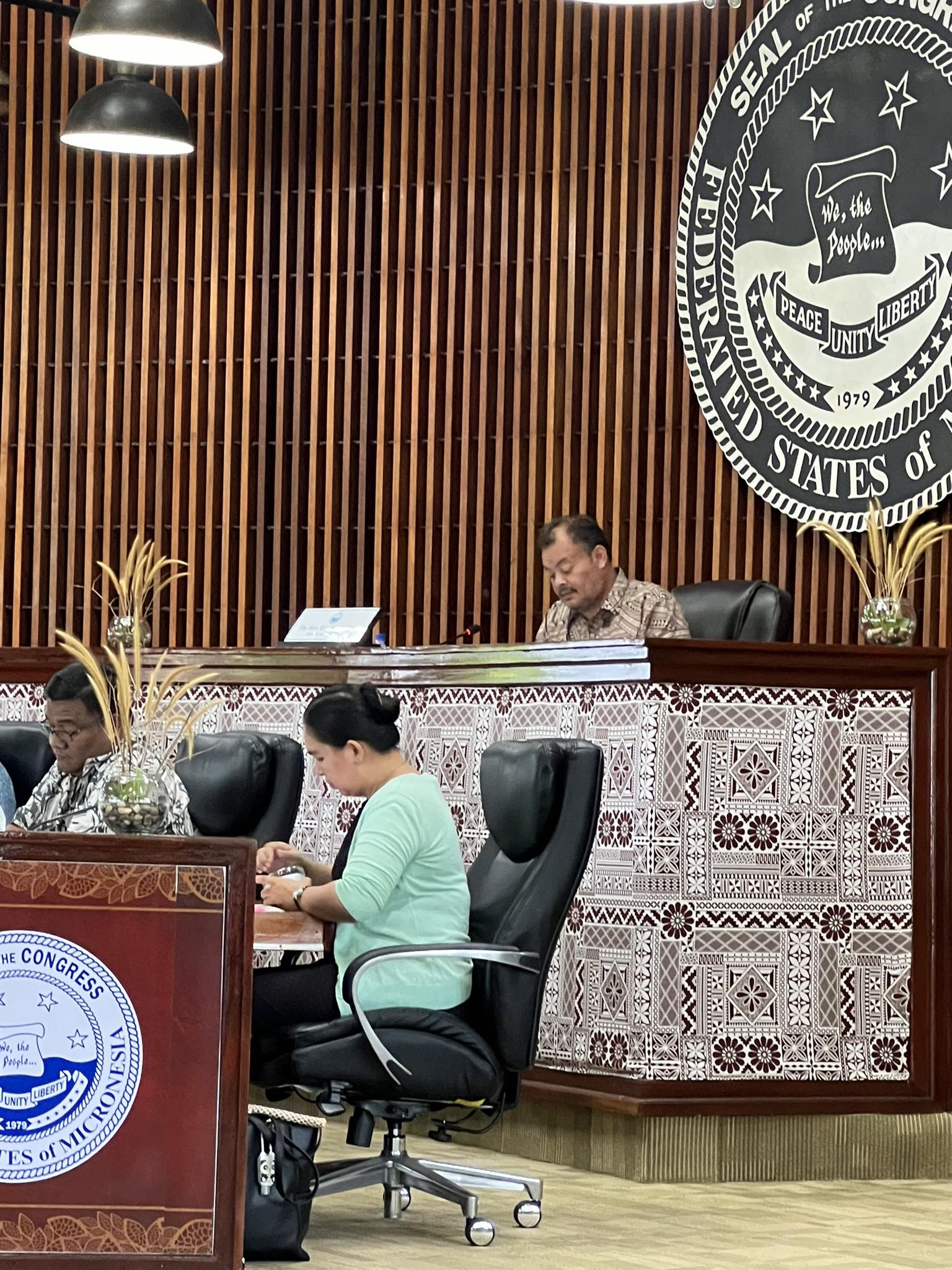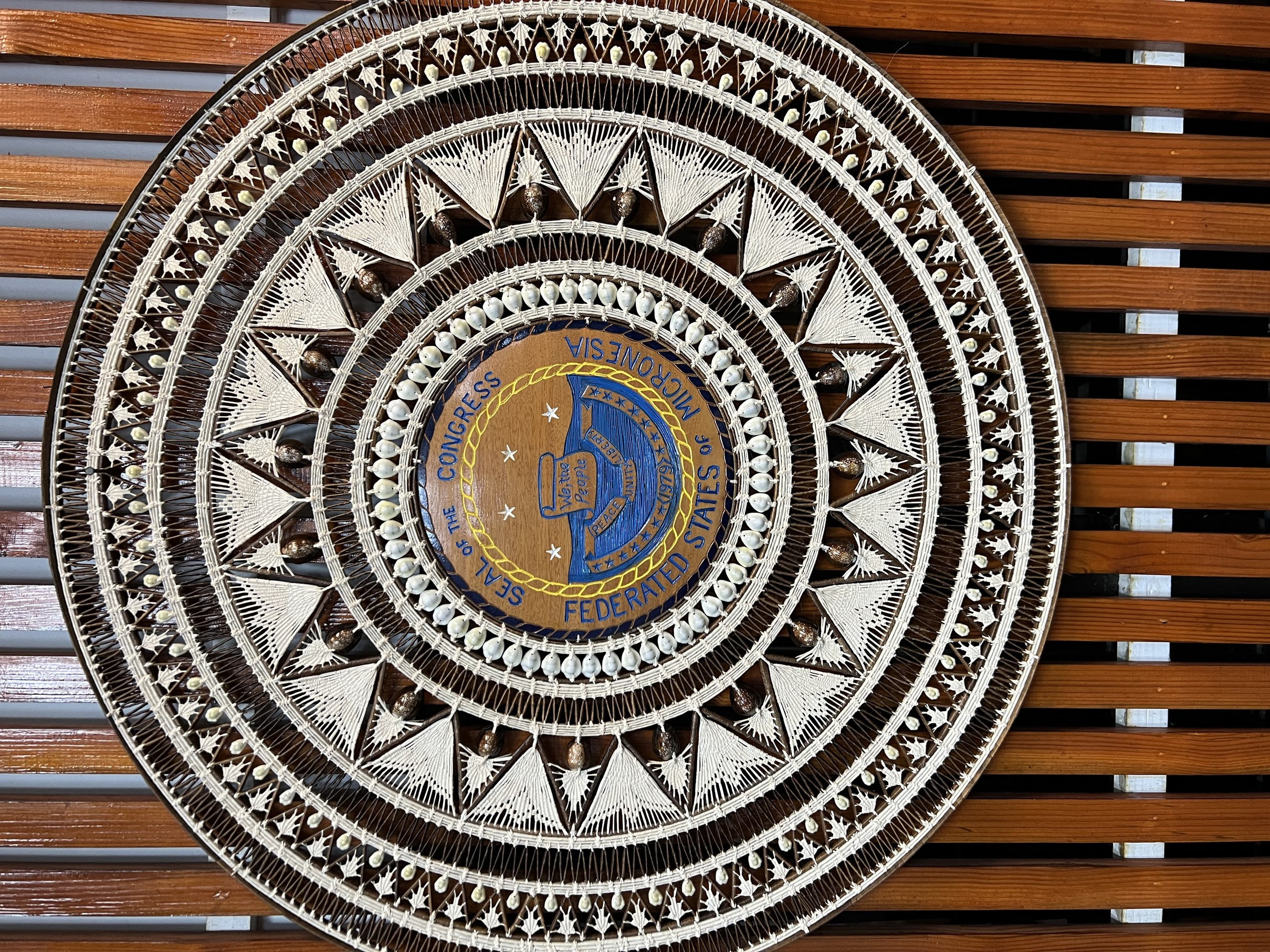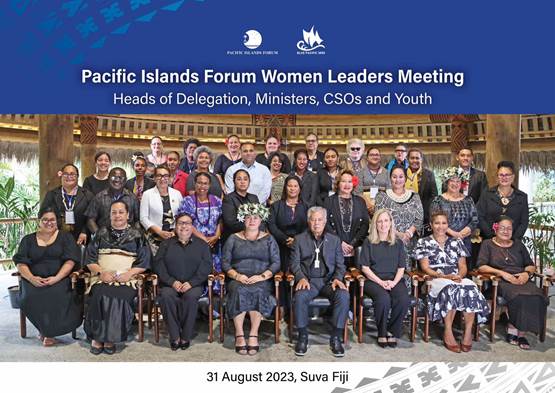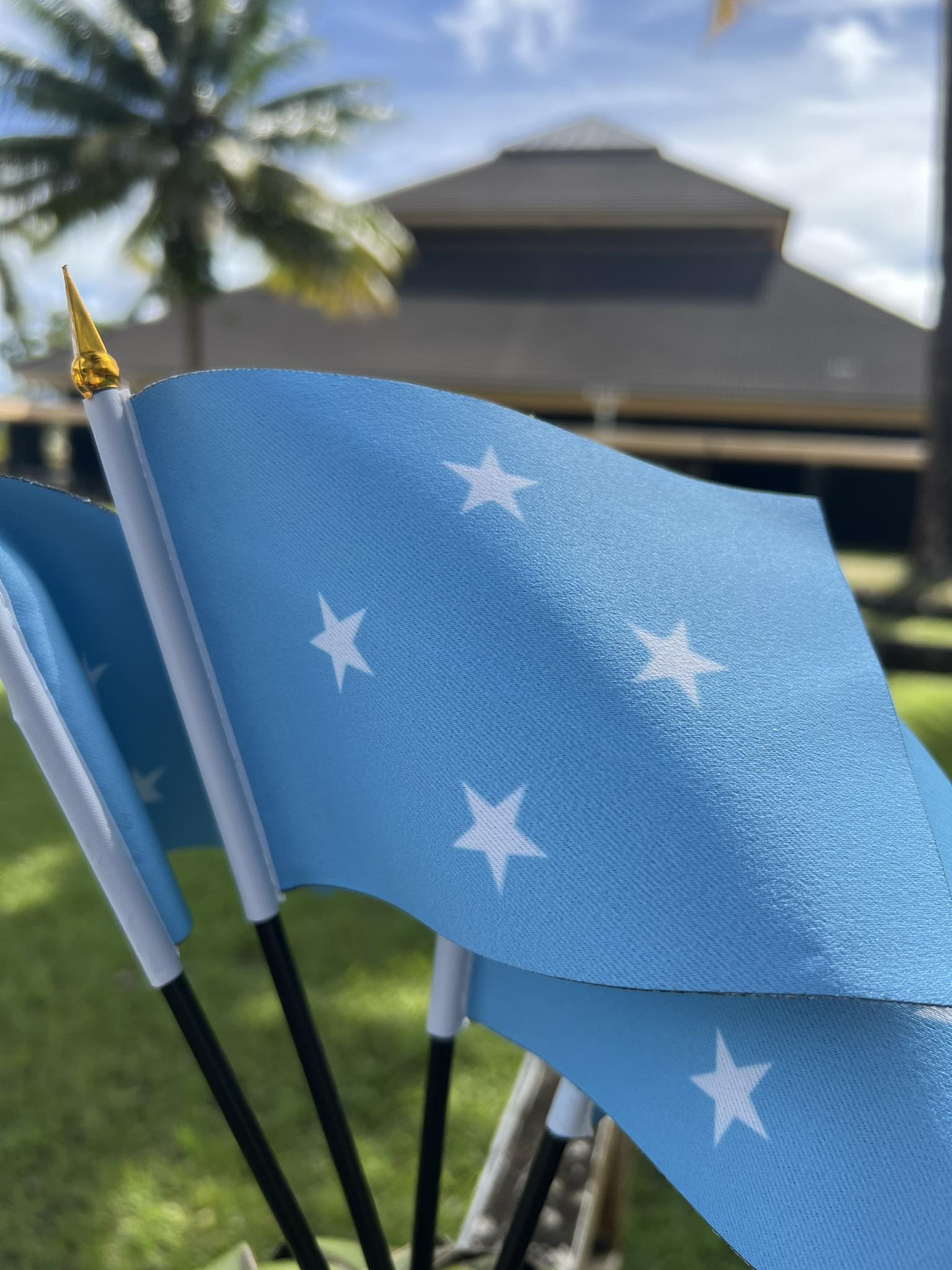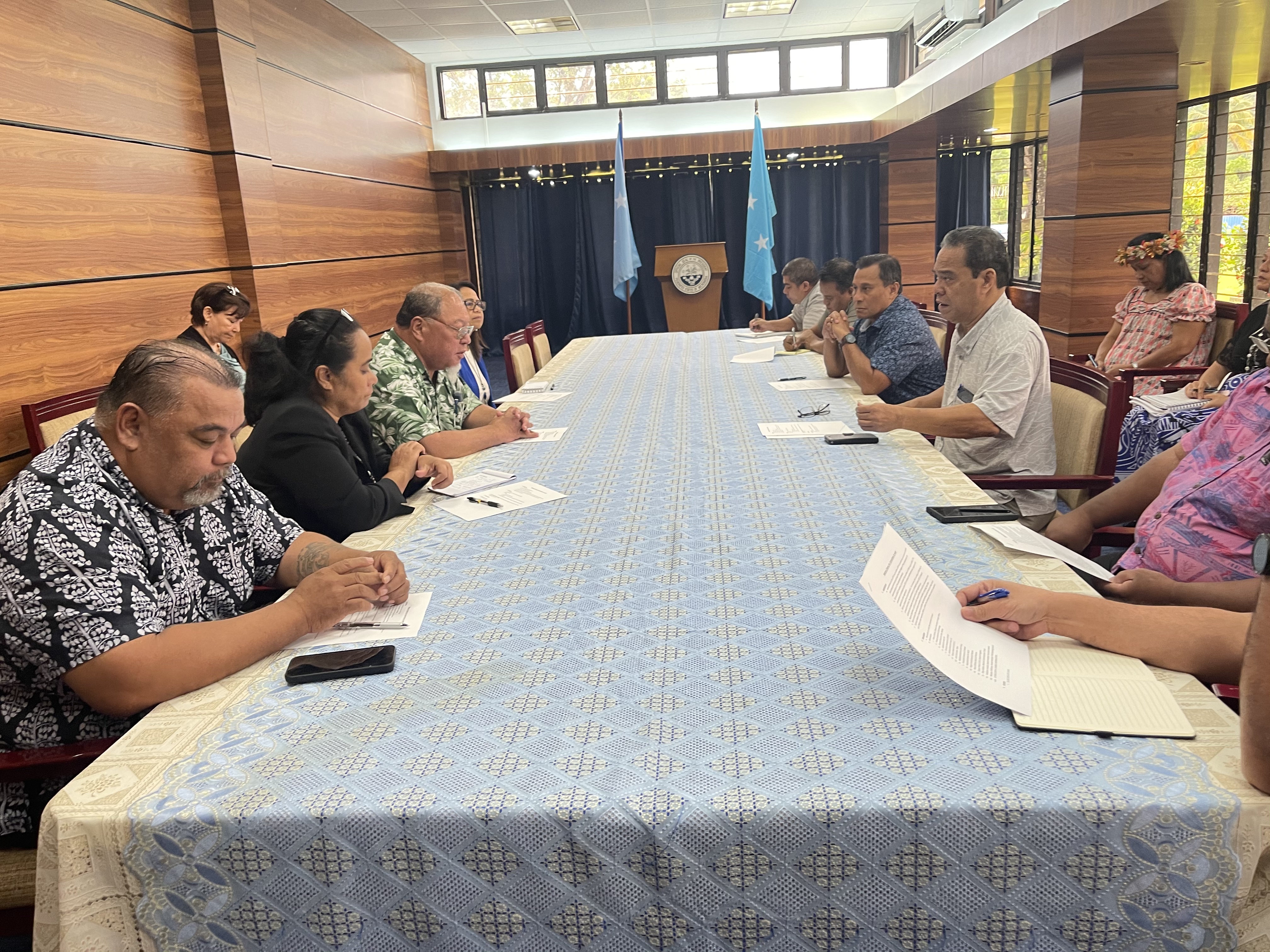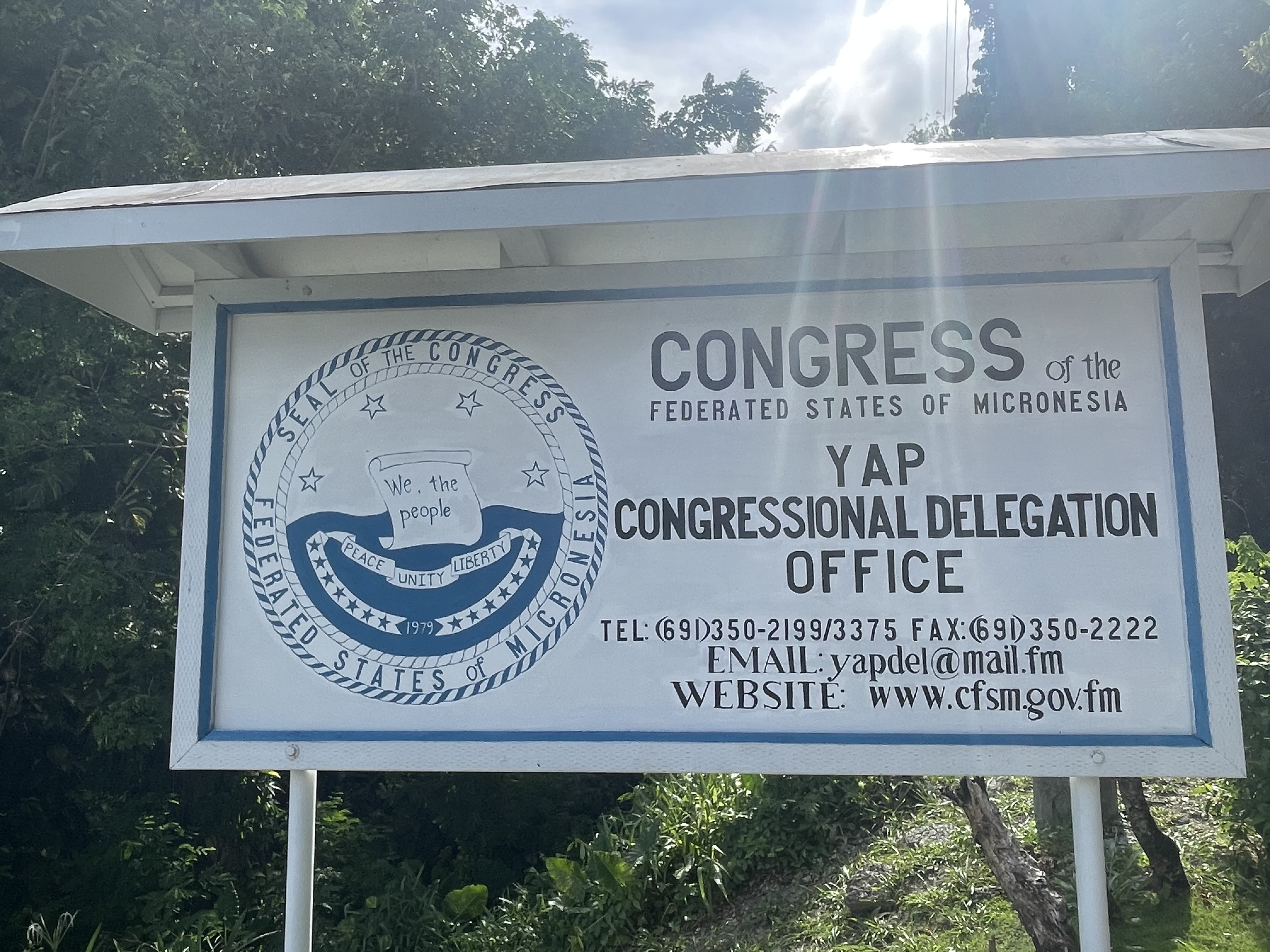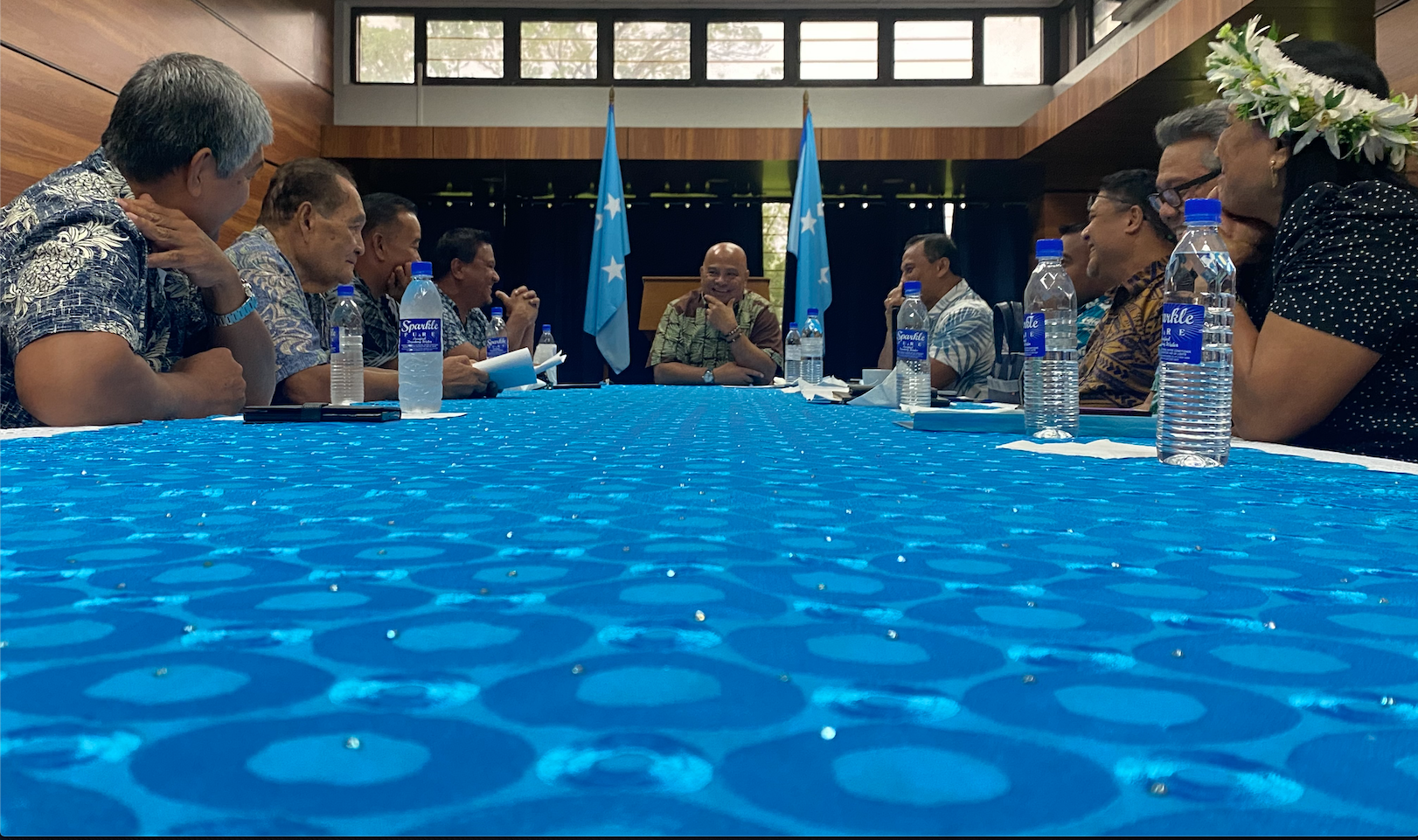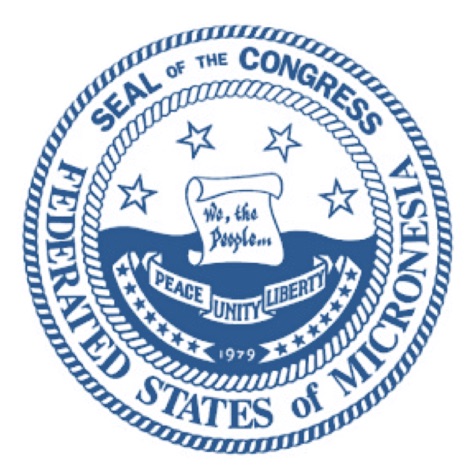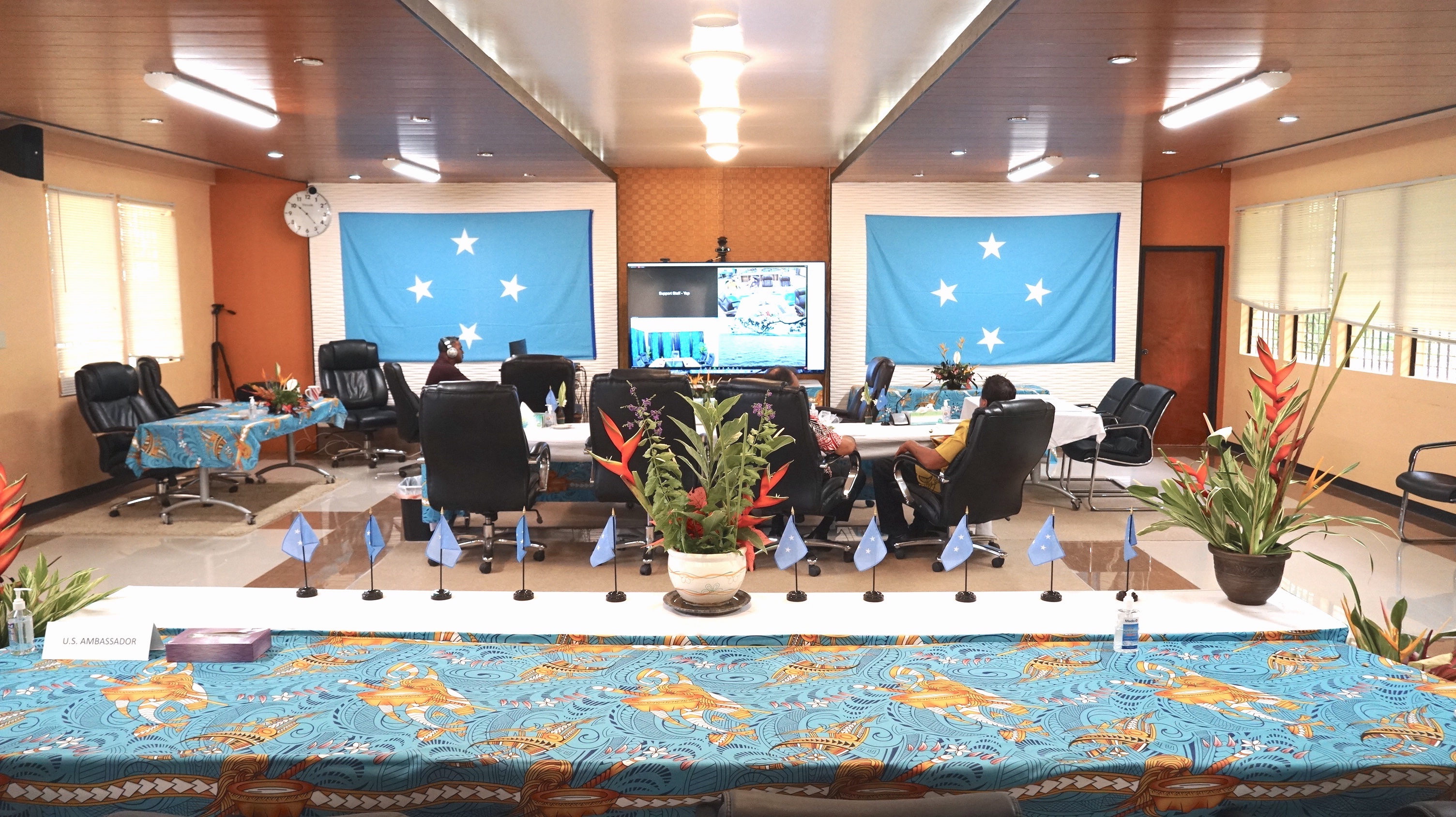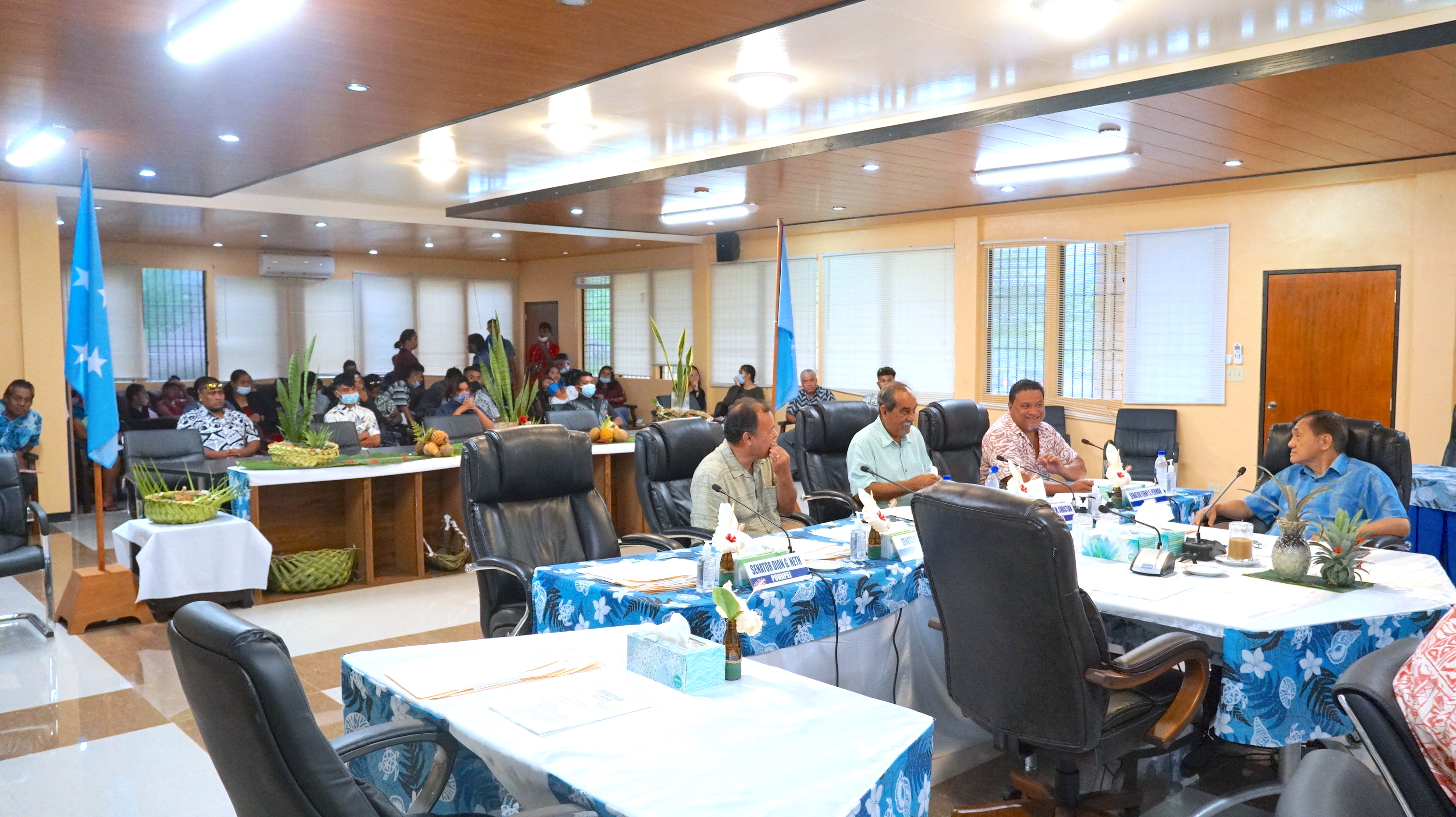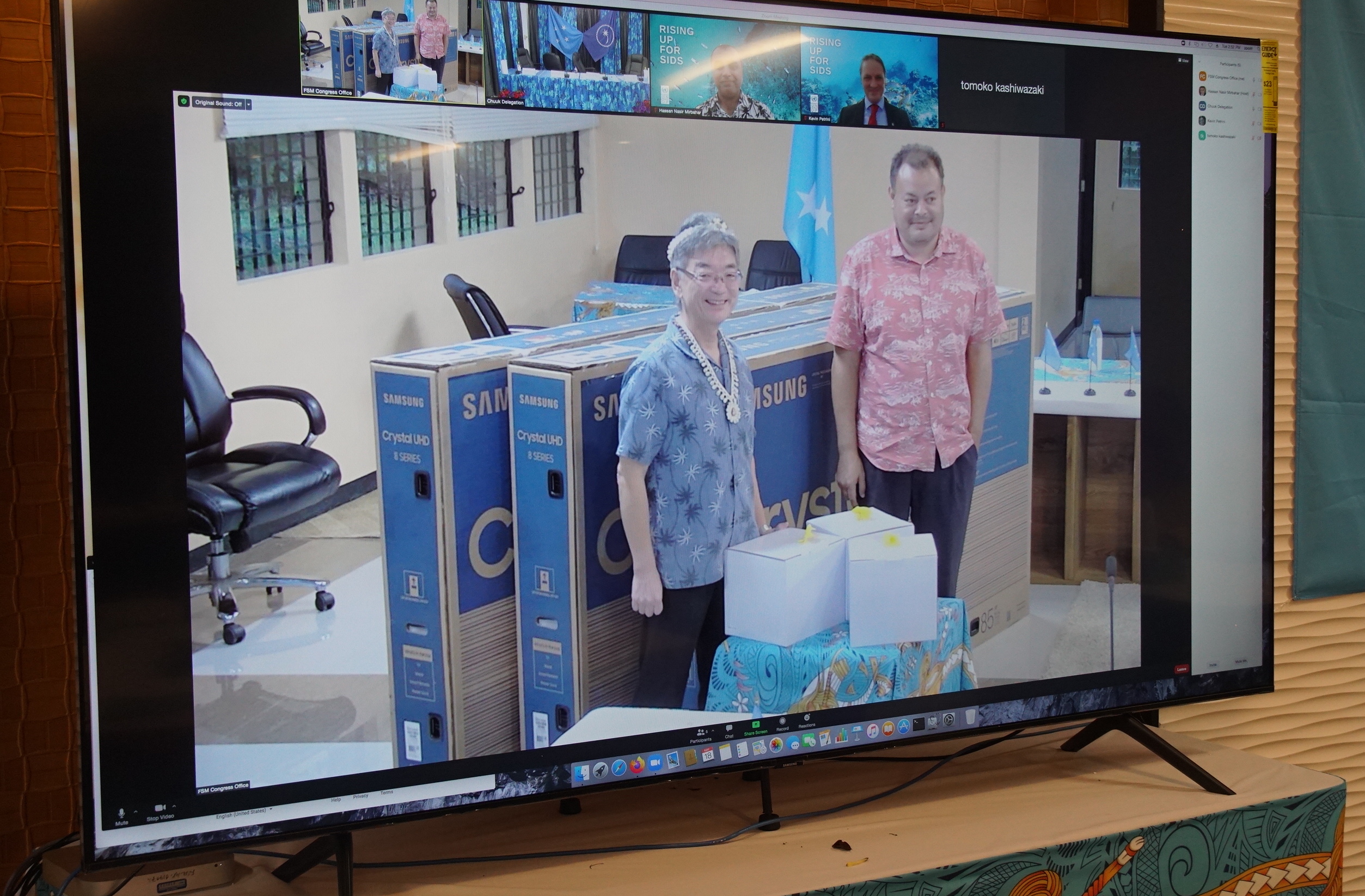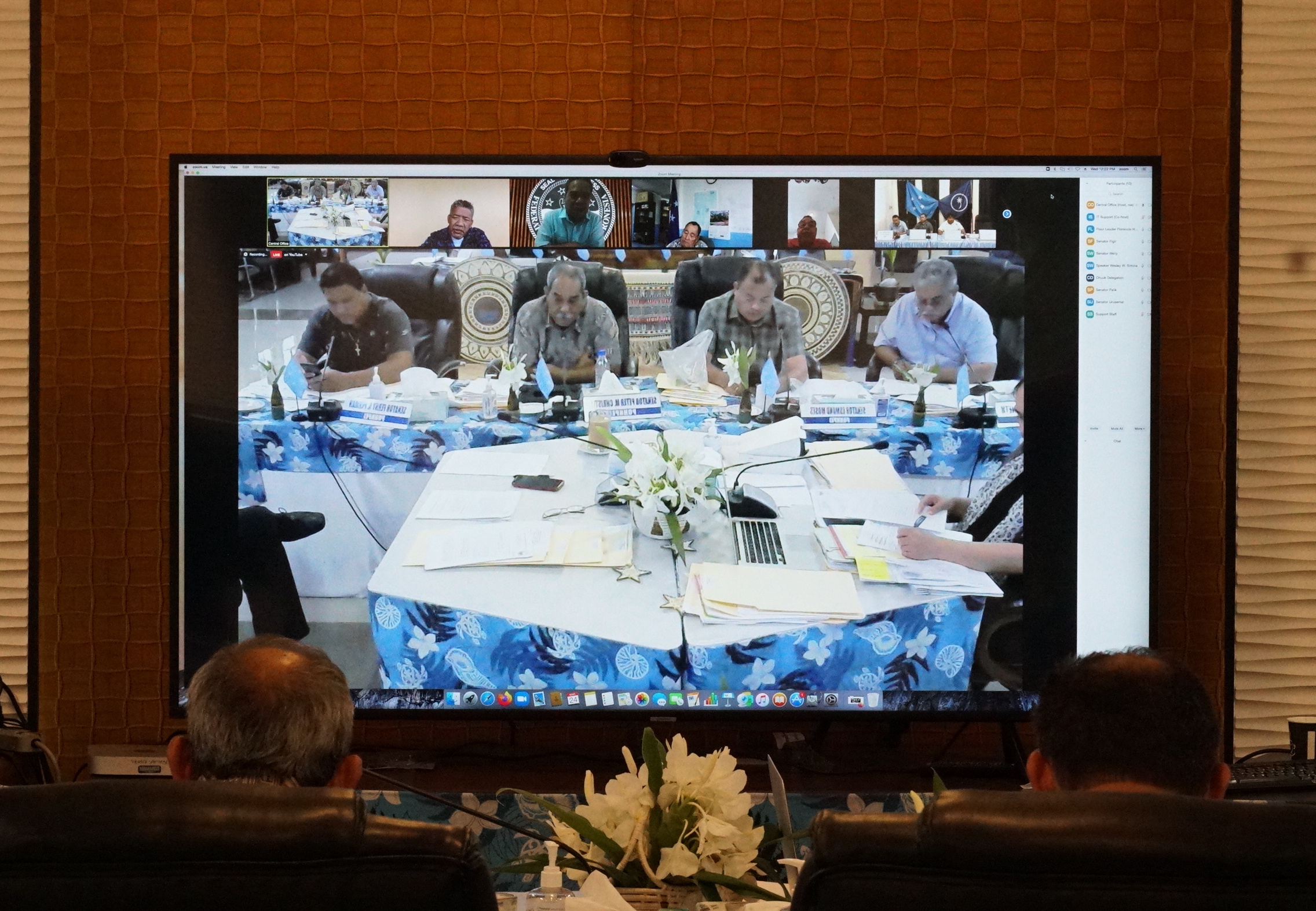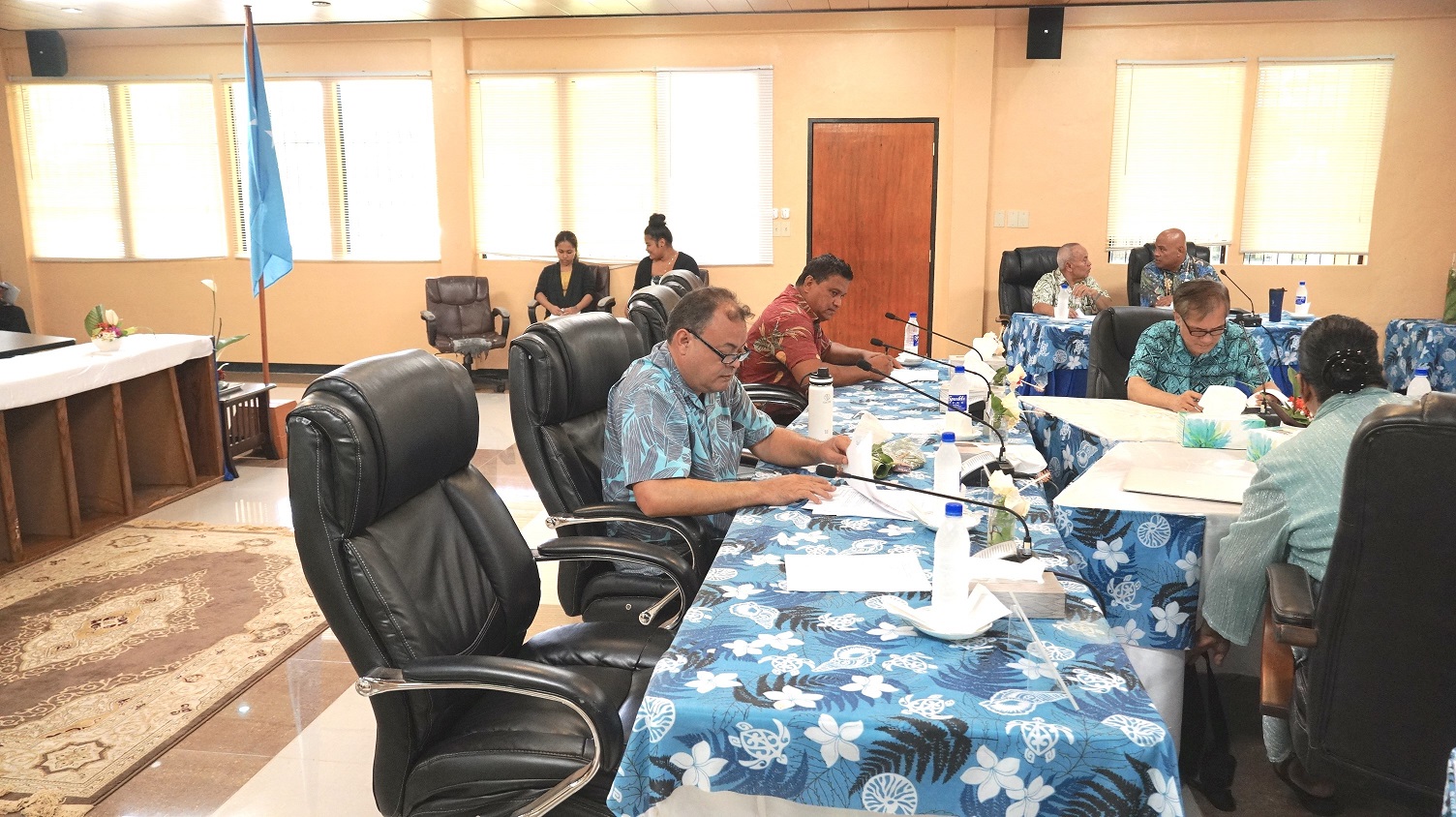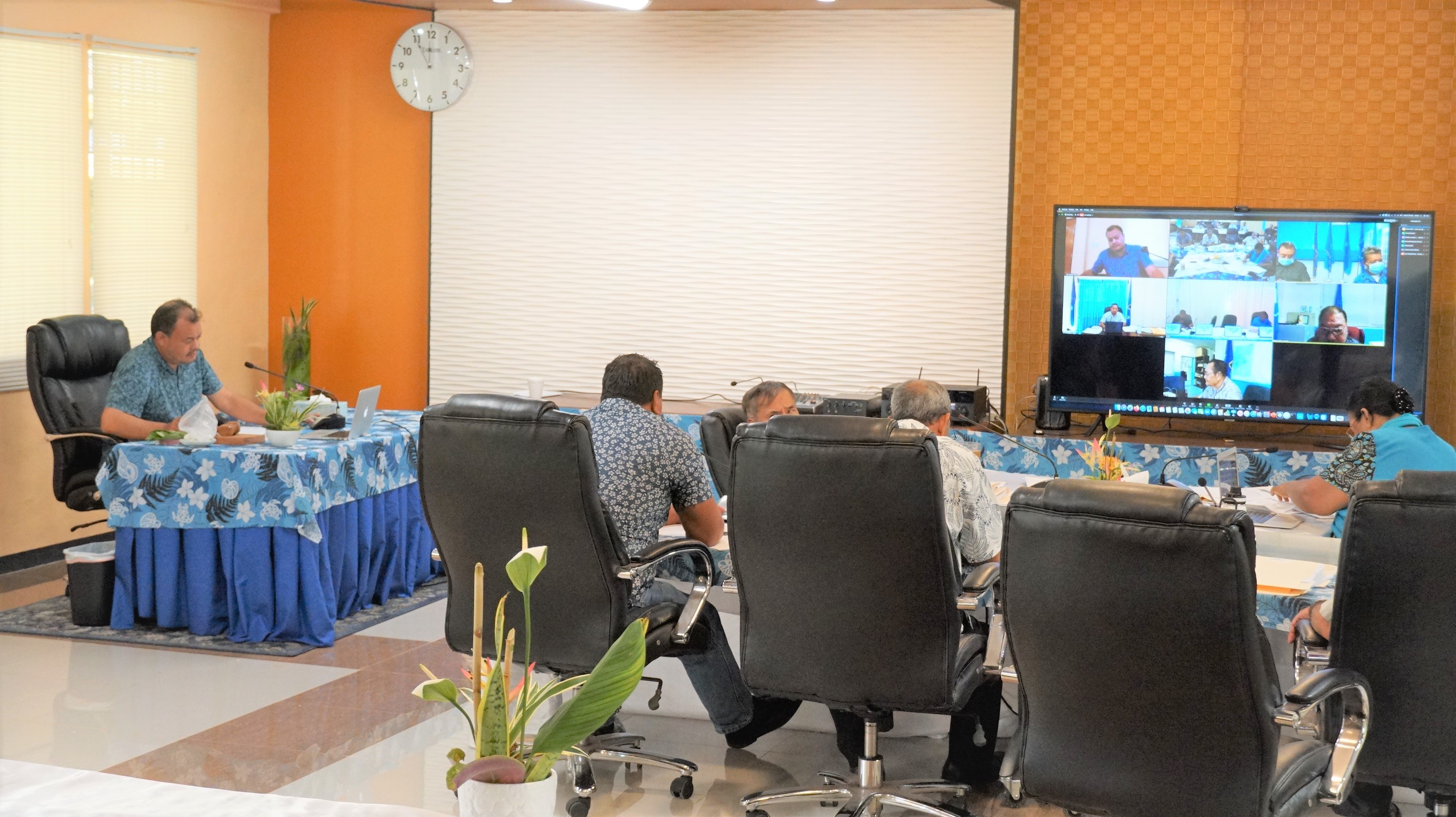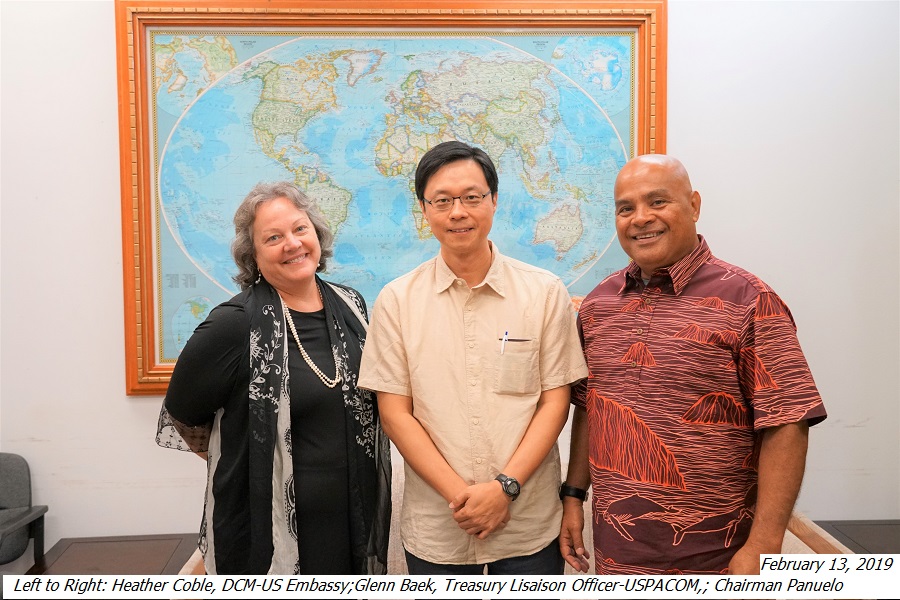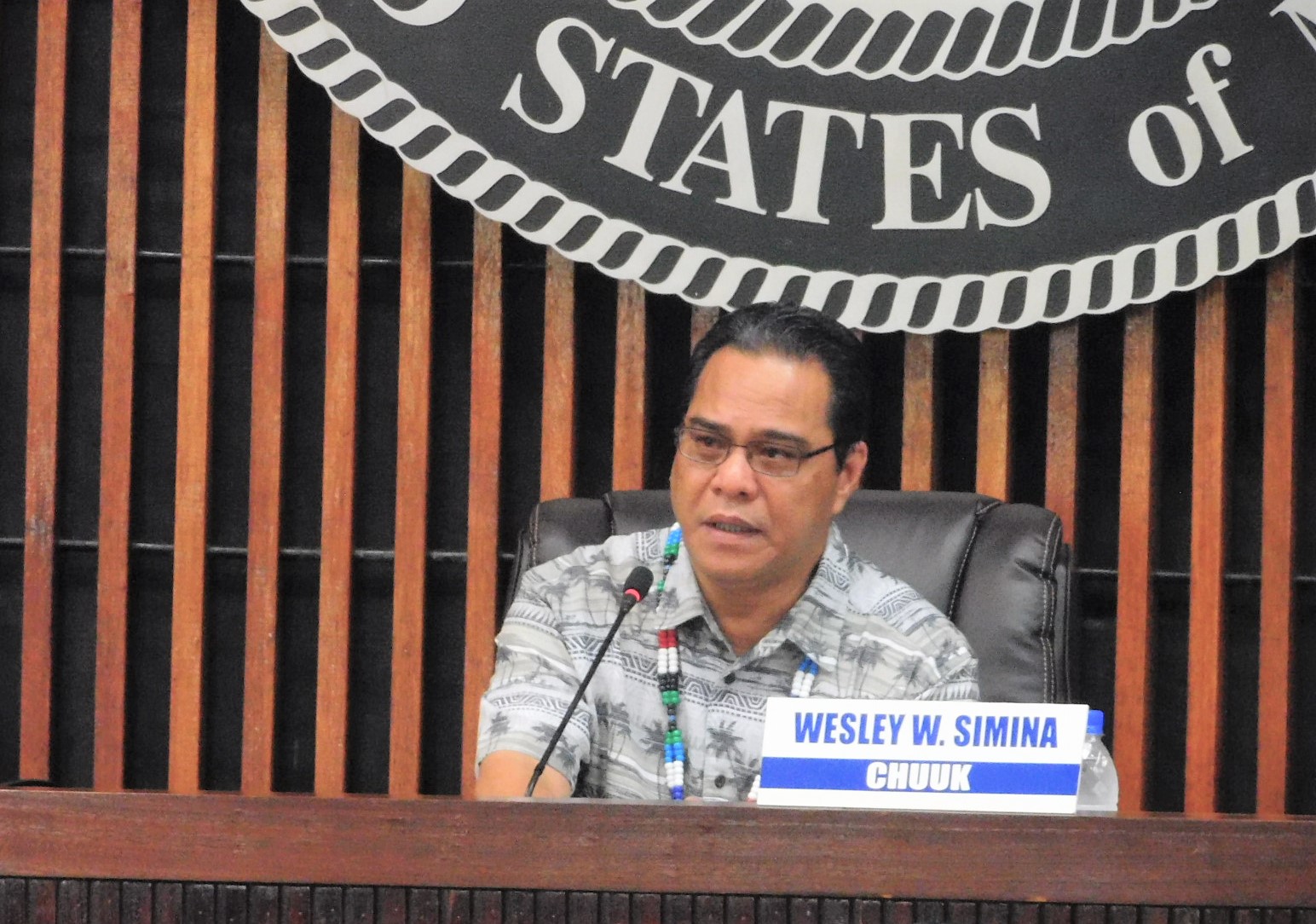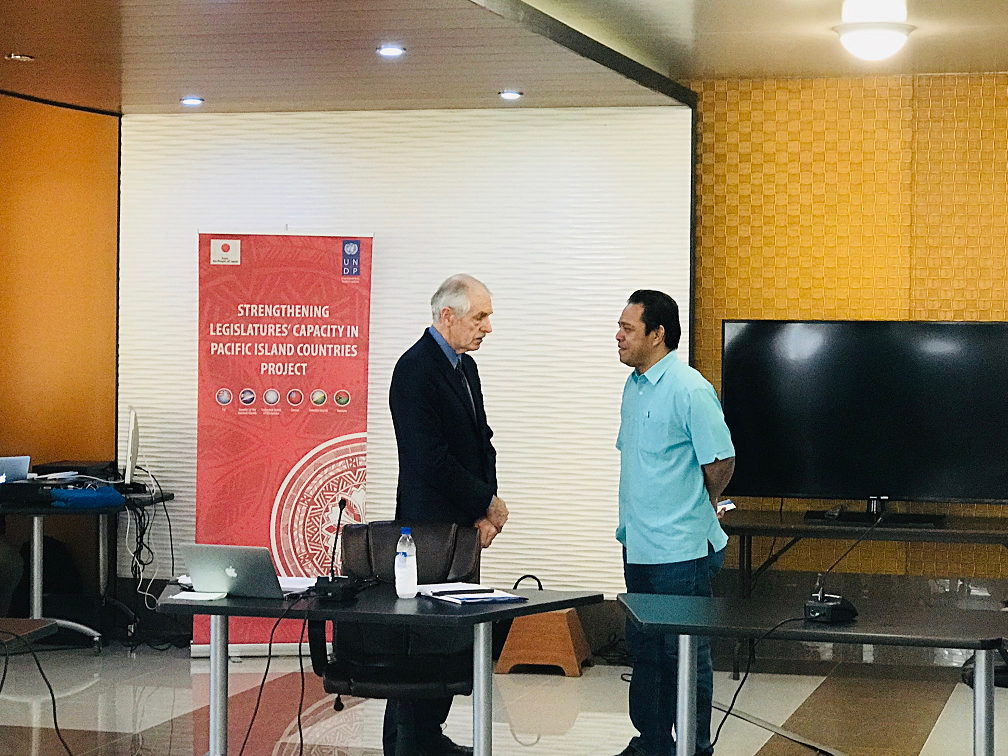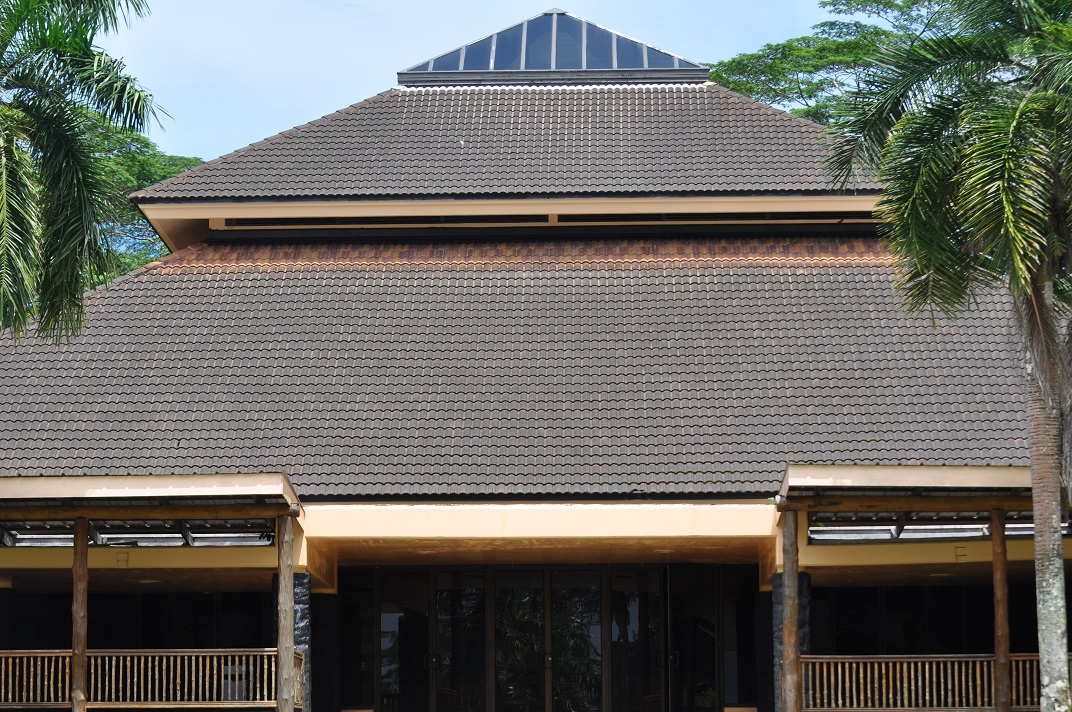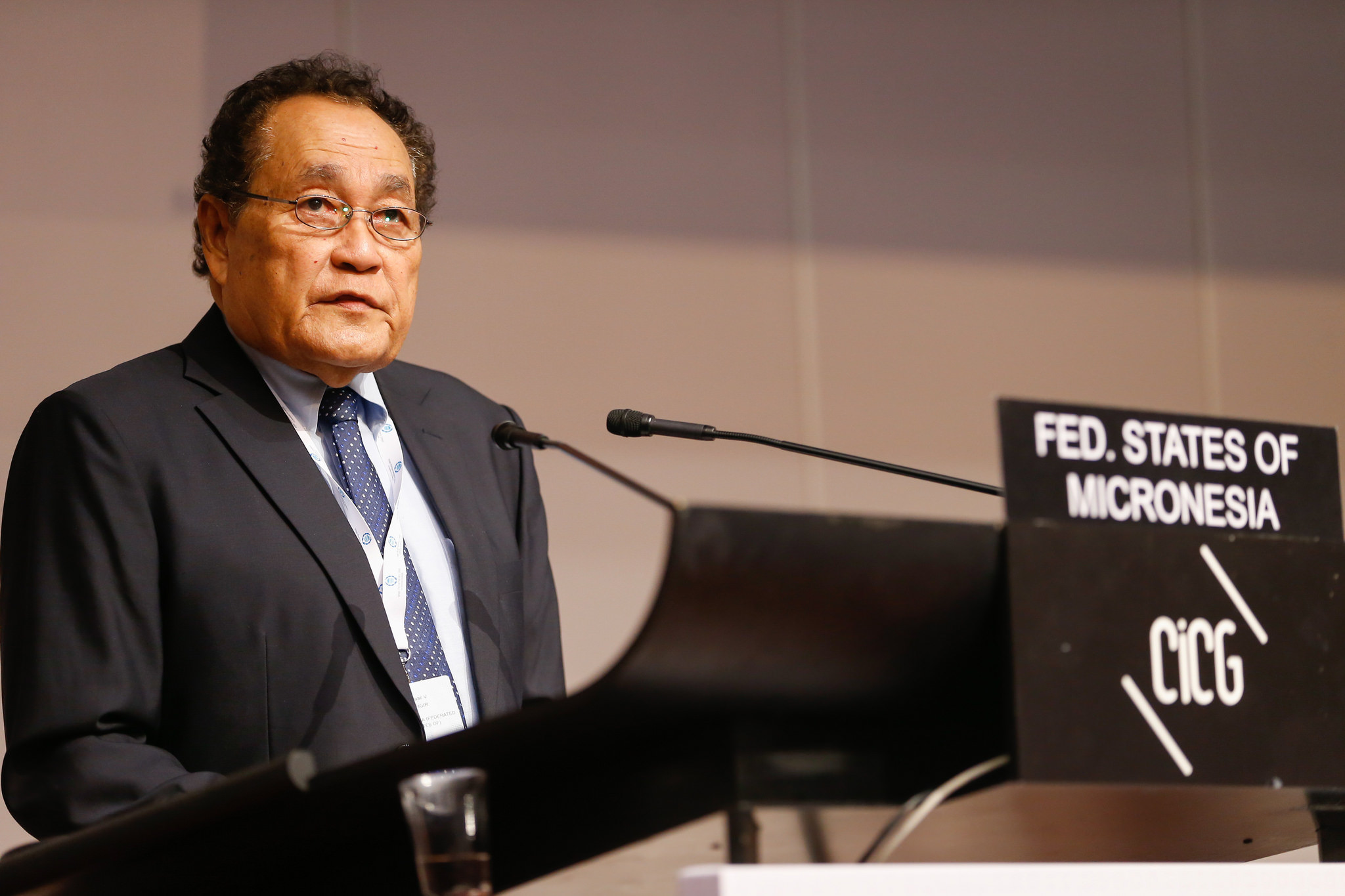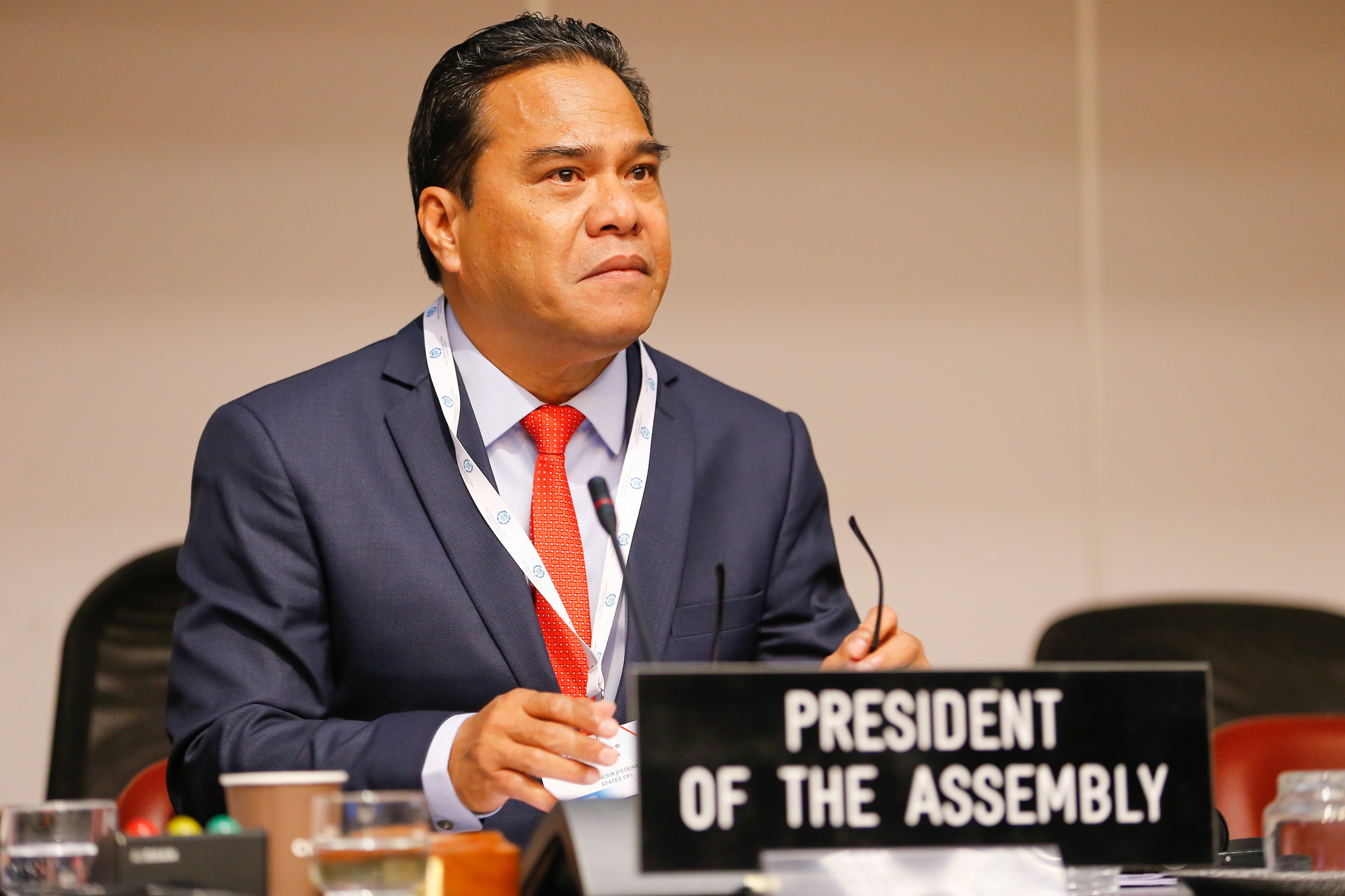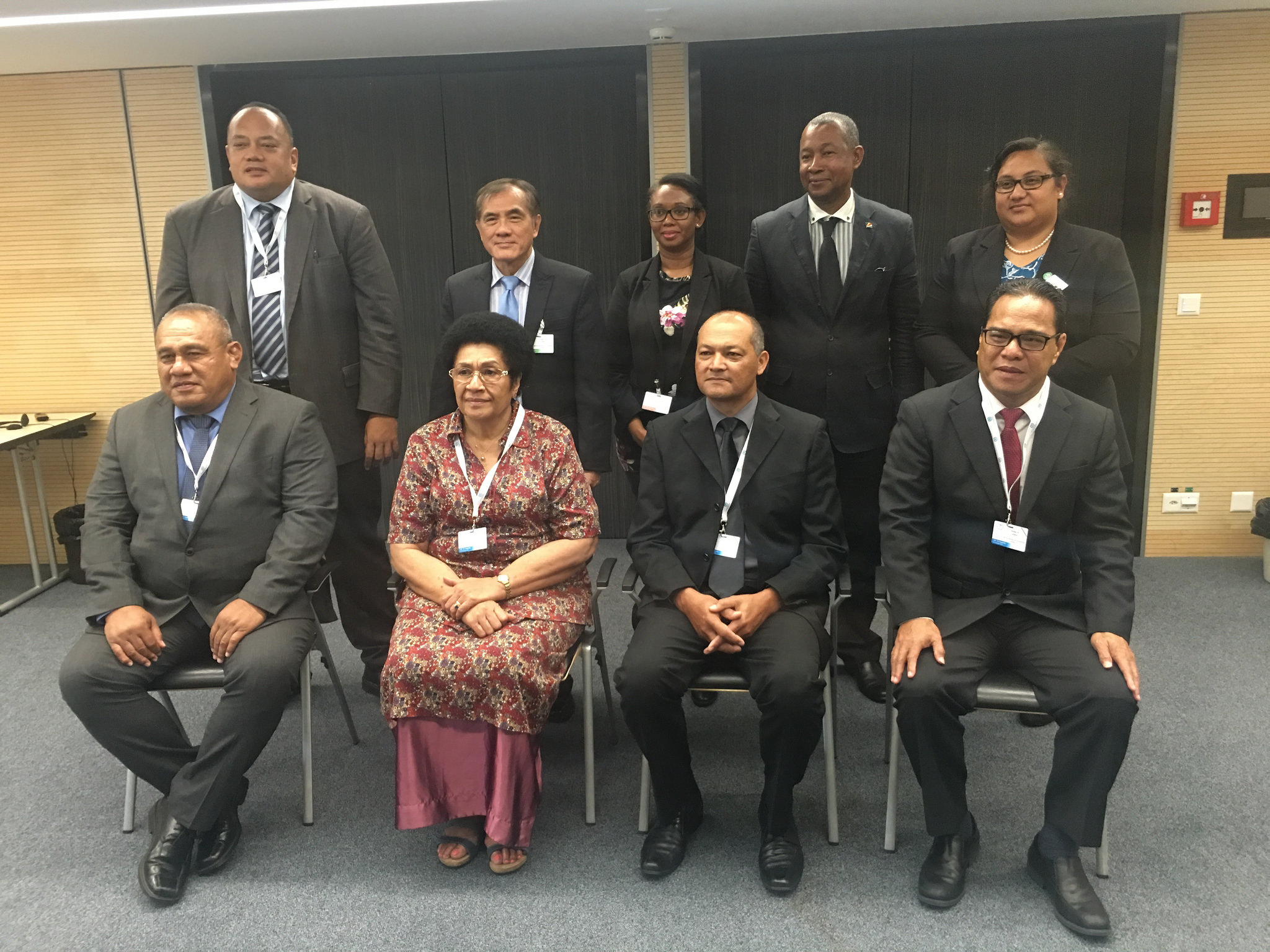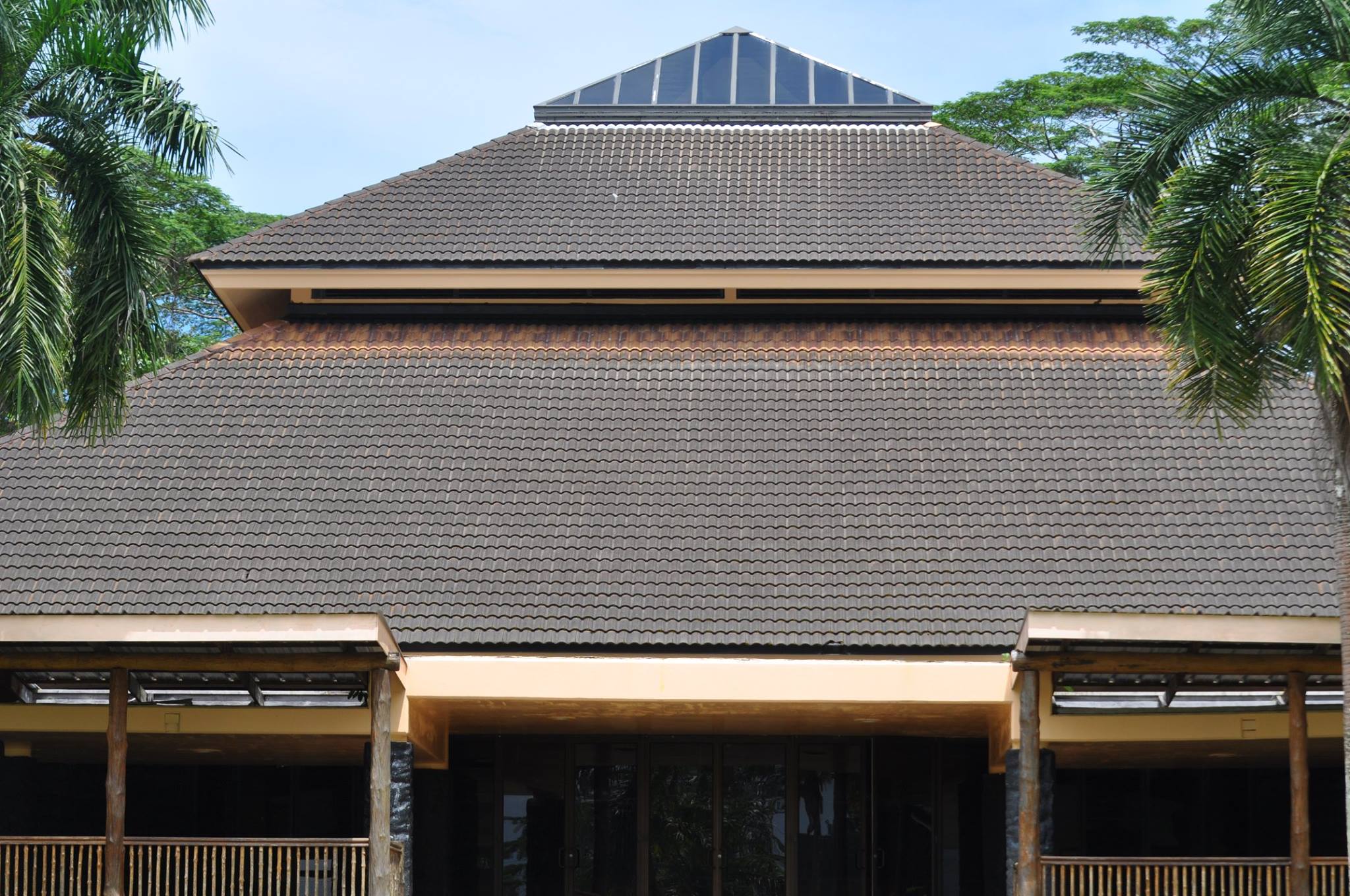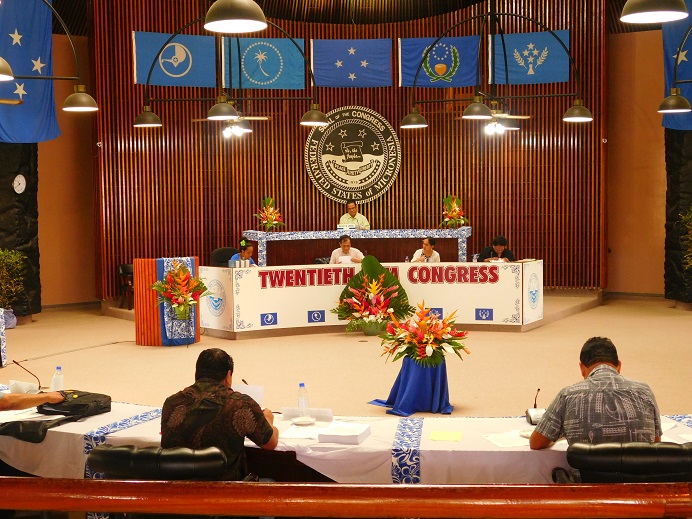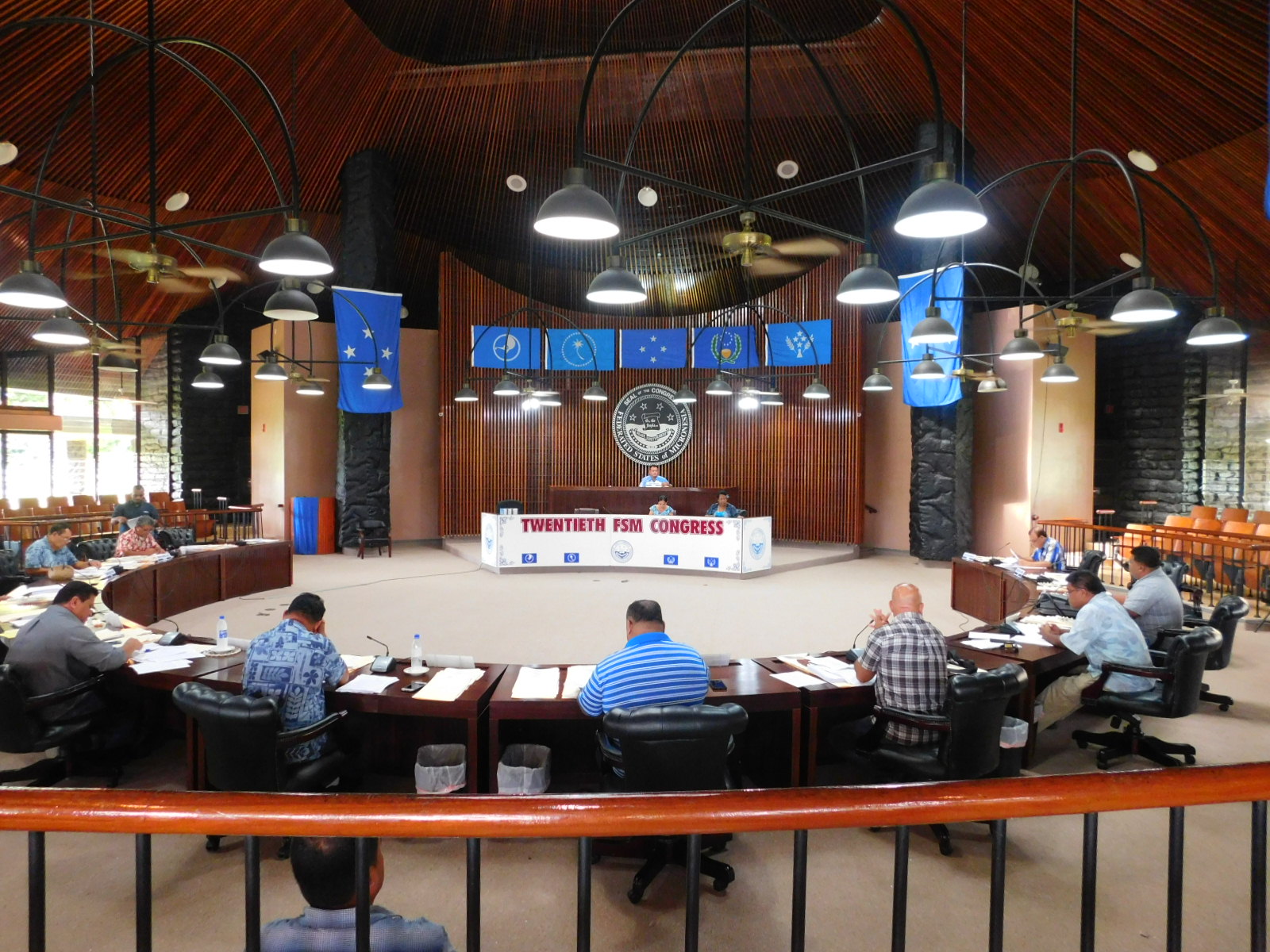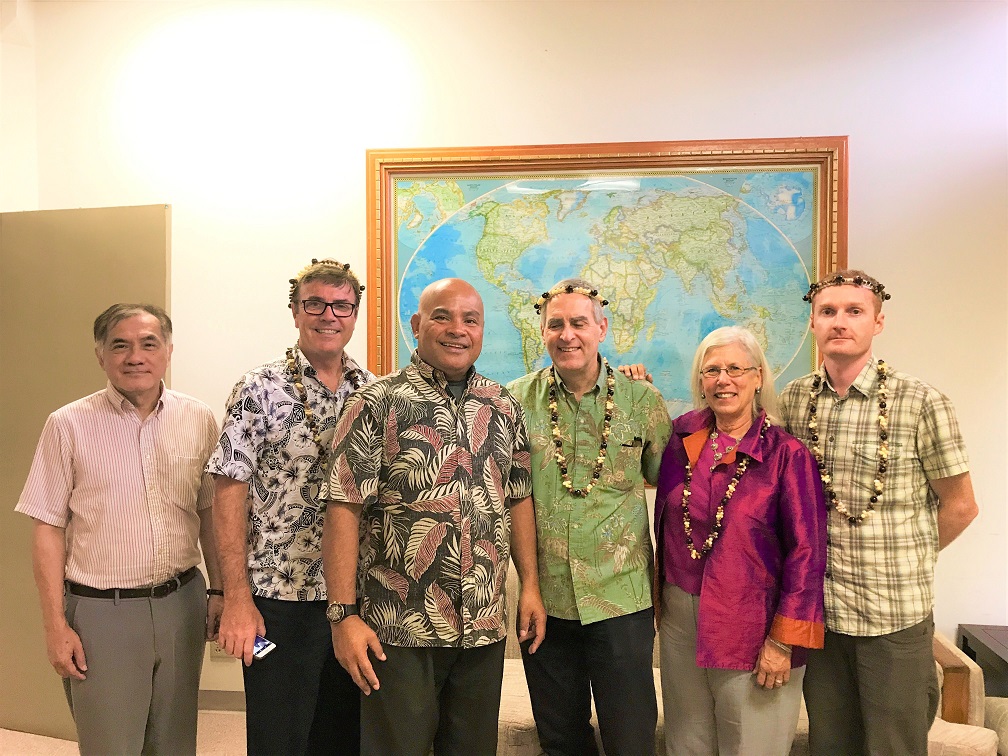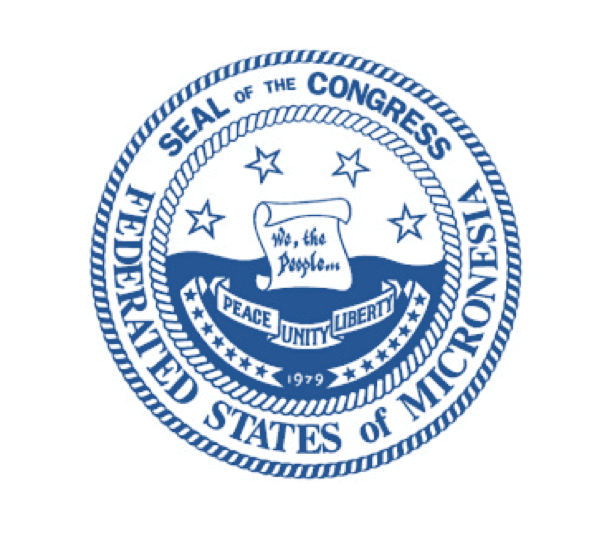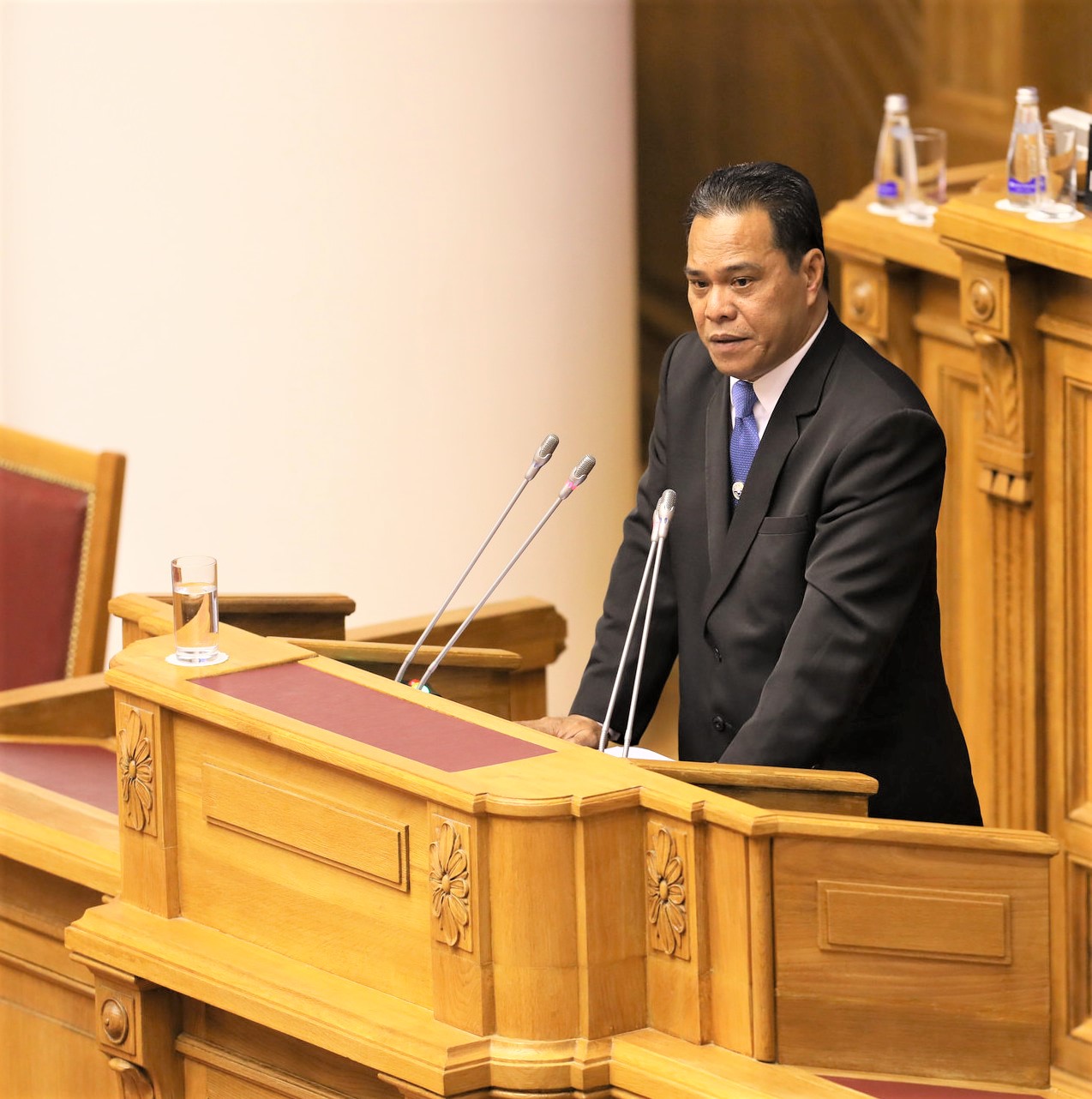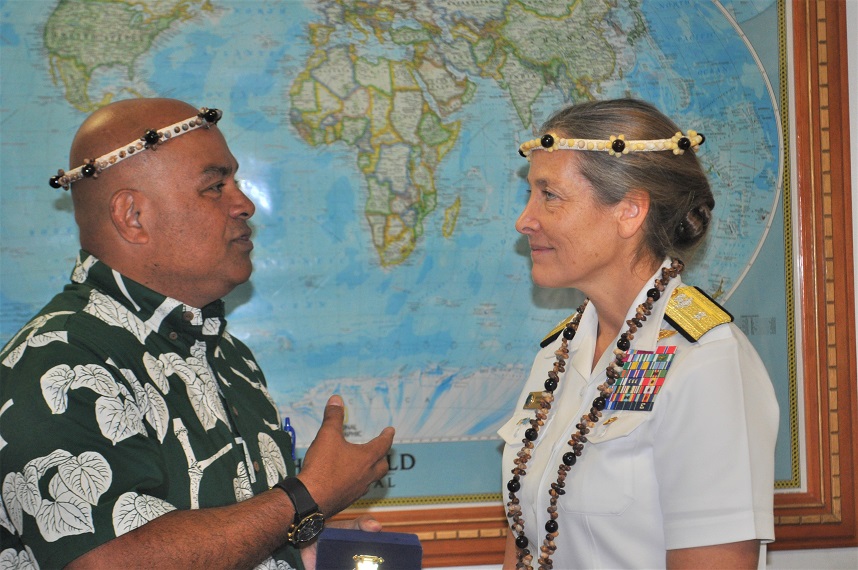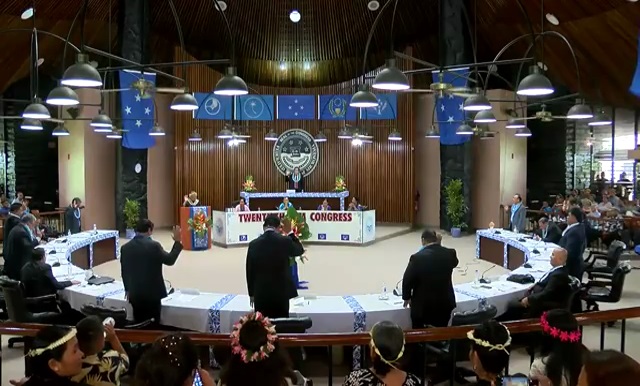 PALIKIR, POHNPEI – June 09, 2017. The Twentieth Congress of the Federated States of Micronesia adjourned its First Regular Session on Tuesday – May 30, 2017 with the passage of Congressional Acts that addressed the national budget, a new national department and telecommunications services, among others.
PALIKIR, POHNPEI – June 09, 2017. The Twentieth Congress of the Federated States of Micronesia adjourned its First Regular Session on Tuesday – May 30, 2017 with the passage of Congressional Acts that addressed the national budget, a new national department and telecommunications services, among others.
Having taken care of its reorganization, the Congress then turned its attention to the many issues pending before Body and began with an item from the previous Congress, the president’s line-item veto of Congressional Act 19-163. The Act had provided for a supplemental budget to respond to the various issues and obligations of the National Government. The review by the Committee on Ways and Means found that the decision made by the Executive was made “based on policy and not on a violation of the law” and so the body overrode and returned the Act to the Executive to be assigned a public law number. It became the first law of the new body, Public Law 20-01.
Among the many issues placed before the new body were amendments to certain Titles of the FSM Code, to which the Congress passed the following:
Congressional Act (CA) 20-14, amended Title 55 of the FSM Code to place a statutory limit on the amount of funds that Congress may appropriate to Members’ representation funds relative to the annual salary of the Nation’s President; and
CA 20-15, amended Title 2 of the FSM Code to dissolve the Office of Environment and Emergency Management and instead place it as one of the departments of the National Government.
CA 20-12, was for a supplemental budget of $ 797,065 from the General Fund to correct technical errors, change use of certain funds and fund certain programs of the National Government.
The next two Acts addressed Title 21 of the FSM Code and may well be the first in a series of measures to address issues surrounding the liberalization of telecommunication services in the FSM. In 2014, Congress had passed the Communications Act of 2014 or Public Law 18-52, intended to effect better access to and more cost effective telecommunication services across the Nation. Along with liberalization, the law had also called for the establishment of an independent regulatory authority for which an Open Access Entity would be set up to acquire assets and assume liability obligations.
Through extensive public hearings with the Department of Telecommunication, Communications and Infrastructure (TC&I) and the FSM Telecommunications Corporations (FSMTC), the Congress passed CA 20-16, pertaining to assets and liabilities of the Open Access Entity, and for other purposes; and CA 20-17, to require the FSMTC to provide services and system access on the HANTRU1 Cable System to the Open Access Entity free of charge, and for other purposes.
The remaining Acts of the First Regular Session of the 20th Congress were to address previous public projects and social programs in the four states to either change the use of funds or to change the allottees of those fund and they included the following:
Specific to the state of Chuuk were CA 20-01 which changed certain allottees of funds previously appropriated; CA 20-03, CA 20-18, CA 20-11, CA 20-19 and CA 20-20 were to change the use of certain funds previously appropriated for public projects and social programs in the state;
For the state of Kosrae, CA 20-04 was to modify and change the use, allottee and lapse date of certain funds specifically appropriated for the state’s priority infrastructure projects; and CA 20-05, CA 20-06, CA 20-07, CA 20-10 and CA 20-13 were to change the allottee of funds or use of funds previously appropriated for the state;
Specific to the state of Pohnpei was CA 20-09, to change the allottee of funds previously appropriated for public projects and social programs in the state; and
For the state of Yap, CA 20-02 and CA 20-08 were to change the use of certain funds previously appropriated for public projects and social programs in the state.
All the Congressional Acts were transmitted to the President for his signature otherwise the measures automatically become law without his signature 30 days after the Congress’ transmittal date.
* * *

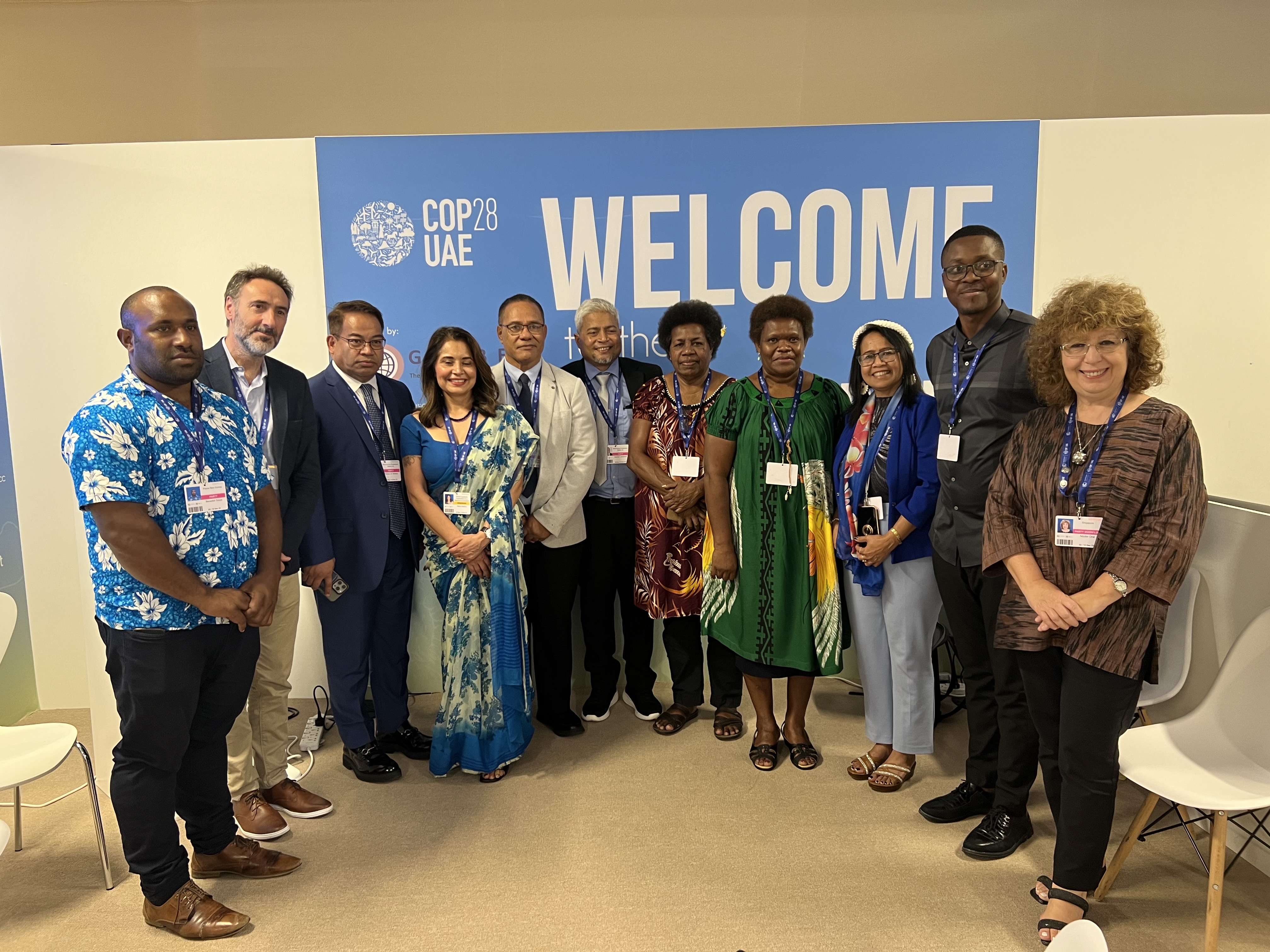
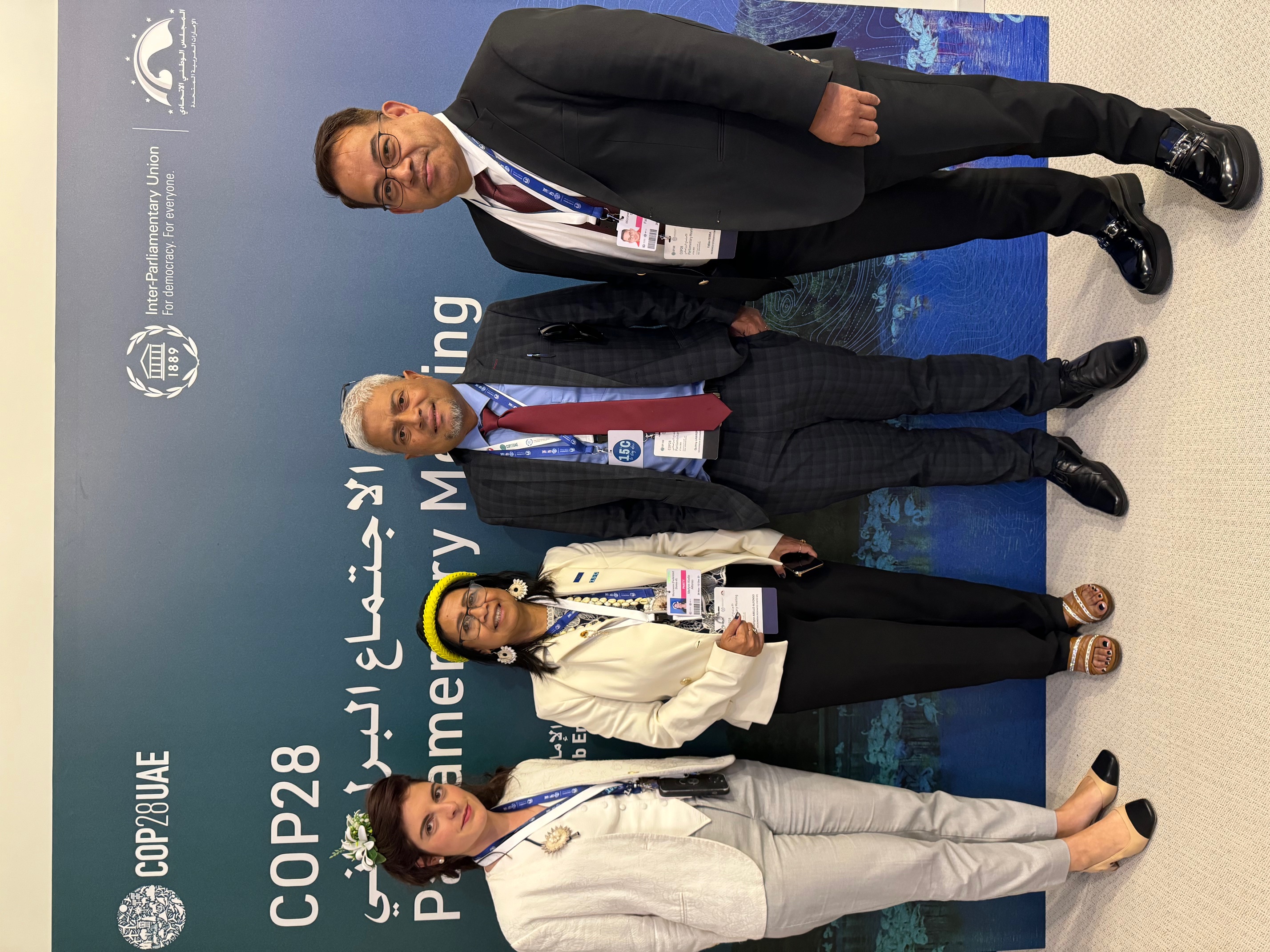
.jpg)
